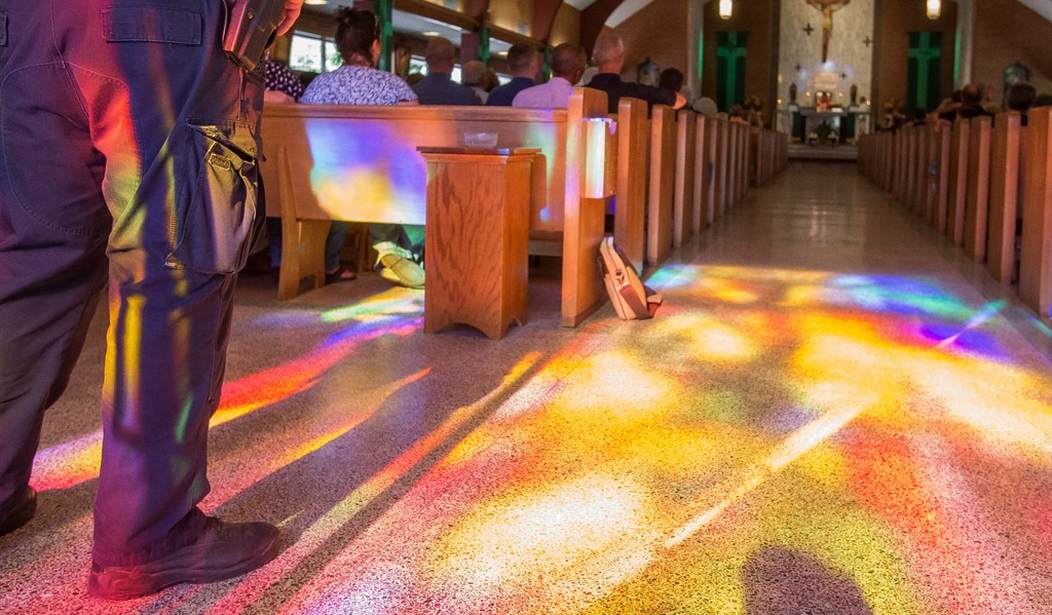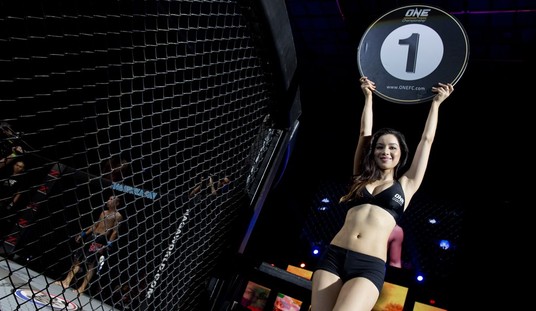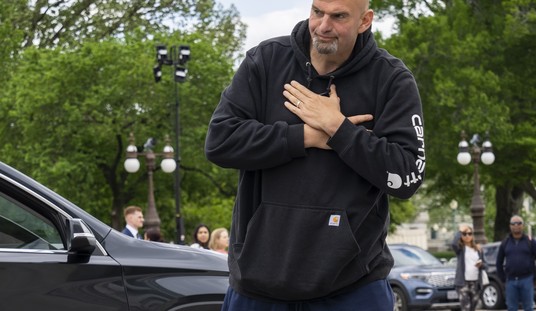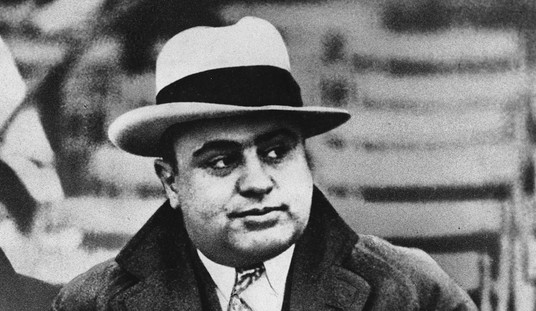The Louisiana Supreme Court issued a ruling stopping sexual assault survivors from suing priests and other members of the Catholic Church to hold them accountable for crimes allegedly committed 50 years ago. The ruling has caused controversy due to the arguments laid out in the court’s opinion.
The ruling centers on a state law that allowed plaintiffs to reopen older cases of child sexual abuse for a three-year period that was set to end in June 2024. The change in the law was similar to New York’s Adult Survivors Act. However, the state Supreme Court decided that this change was unconstitutional.
Over the course of years in the 1970s, several boys between the ages of eight and fourteen in St. Martinville, Louisiana, were repeatedly sexually assaulted by their parish priest, suffering serious physical and emotional trauma. Like most child sexual abuse survivors, they did not disclose the abuse until they were in their fifties and sixties. Recognizing the developmental and emotional difficulties preventing survivors from disclosing childhood abuse, in 2021, the Louisiana legislature unanimously passed the Louisiana Child Victims Act, which provided a three-year “look-back window” allowing survivors to file lawsuits that would otherwise be barred by the statute of limitations. The law, versions of which have been passed in about half of states, finally allowed the St. Martinville survivors to sue the church and diocese that harbored their abuser.
Enter the Louisiana Supreme Court. In an opinion written by Justice James Genovese and published on March 22, the court found an absolute property right in the institutions’ right not to be sued. The Louisiana Child Victims Act, wrote Genovese, “cannot be retroactively applied to revive plaintiffs’ prescribed causes of action,” since that would “divest defendants of their vested right to plead prescription”—to defend themselves by asserting that the statute of limitations had run. The decision essentially strikes down the look-back window, leaving survivors once again powerless to hold their abusers accountable. It is a harrowing example of the legal system’s ability to obscure the nature of disputes and turn survivors’ real-life trauma into euphemistic abstractions, while at the same time protecting powerful institutions in the name of otherwise ephemeral property rights.
Read related: A Closer Look at 'Quiet on the Set' and the Horrors of Child Abuse in Nickelodeon
The opinion also notes that the court is “constrained to find the statutory enactment is contrary to the due process protections enshrined in our constitution and must yield to that supreme law.” Genovese also argued that the “accrued prescription extinguishes civil obligations; therefore, their right to plead accrued prescription is a vest property right that cannot be divested by the legislature.
In English, the judge is essentially using the concept of property rights, which is commonly understood as personal possessions, to apply not only to physical items but also intangible rights. In this ruling, the term “property rights” includes the defendants’ rights under the law to assume that certain claims cannot be brought against them after a certain period has elapsed – specifically, the time limit laid out in the state’s statute of limitations.
When the Louisiana legislature enacted laws allowing plaintiffs to reopen cases that the statute of limitations would have previously prohibited, the Supreme Court decided this constituted an infringement on the “vested rights” of the accused. In essence, the defendants had a legal assurance that they could no longer be sued for incidents beyond a certain timeframe, making it a part of the legal “property,” according to the court. In short, Justice Genovese is insisting that laws that provide retroactive measures should not be allowed to violate constitutional rights, which supposedly include the right to be free from legal claims after the time allotted by the statute of limitations.
Other states have also issued similar rulings.
Louisiana is not the only state to repeal such a law. Courts in Utah and Colorado also found similar look-back windows to be unconstitutional, and other windows across the country continue to be challenged due to the complications of prosecuting crimes with minimal evidence and which may have taken place decades in the past.
To sum it up, the victims of the alleged sexual abuse allegedly inflicted on them by priests and other members of the church have no recourse to sue in 2024 because it would be an infringement on the priests’ property rights, which includes the assurance that they cannot be held liable after the time period outlined in the statute of limitations.
It is understandable if this ruling doesn’t make sense. Others have argued against the ruling, indicating that the judge has stretched the meaning of property rights to apply to an issue that has little to do with the right to own possessions. In a dissenting opinion, Chief Justice John Weimer argues that the ruling “essentially elevates vested property rights (which are purely economic rights) above all other rights, including such fundamental rights as the rights to privacy, to free speech, and to freedom of religions and from racial discrimination.”
Cle Simon, an attorney representing the plaintiff, argued that the state’s Supreme Court “has overstepped its authority and usurped the authority of the legislative branch for doing what the legislative branch is constitutionally authorized to do.”
The plaintiff in the case is currently seeking to have the Louisiana Supreme Court hear the case again.













Join the conversation as a VIP Member